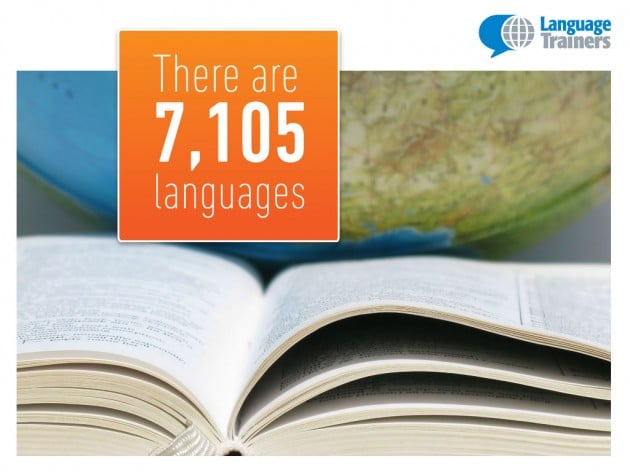How Learning a Second Language Benefits Your Brain
It can be hard to motivate yourself to learn a second language. If you’re a grown adult your brain has already developed learning patterns that make it hard to express ideas in a different code. However, just because something is difficult does not mean it’s not worth it. The percentage of Americans who are bilingual today is double what it was in 1980. If you put in the work, becoming bilingual has significant benefits for your mind and your overall quality of life.
Grey matter is the brain tissue most commonly associated with the intellect—it is the matter that picks up information through the senses and organizes it into your consciousness. Being bilingual increases the density of one’s grey matter in the left hemisphere, the side of the brain responsible for language and communication.
People who have denser grey matter in certain areas of the brain tend to have higher skill sets that correlate with where the density is located. Having these higher skill sets is more than personally rewarding; bilingual people make more at their jobs. In some professions, bilinguals earn as much as 82% more than their monolingual counterparts.
Just as physical exercise has tremendous short and long-term benefits for the body, exercising the mind through communication has short and long-term benefits. Being bilingual improves the overall cognitive skills of a person and allows them to be better at creative problem solving and multitasking.
Thinking about a problem in two different languages leads to a more thorough understanding of the situation. People are more certain of their decisions when they think about them in two languages. Bilingual people are better at concentrating and have strong memories. Learning another language increases your grammar, reading, and writing skills in your first language.
Knowing multiple languages can also improve the aging process; seniors who are bilingual experience less cognitive decline. Furthermore, adults with dementia stave off symptoms longer when they are bilingual. The average age for dementia prognosis is 71.4 for monolingual people and 75.5 for bilinguals.
If your job requires you to learn another language, don’t see it as a chore. Instead, take inventory of the positive and affirming benefits being bilingual has that will benefit you. Passing these skills on would also mean a better life for your family. If you’re ready to continue your education through a language course, consider Language Trainers. We specialize in one-on-one and small group courses for professionals looking to learn a new language. If you are unsure of what kind of course you want or need, contact Language Trainers and we’ll help you find your next step.



